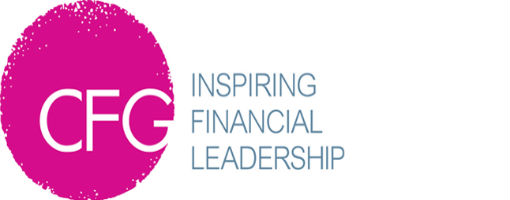There has been a 24% drop in charities receiving government grants, the Charity Commission has reported using annual returns data from between 2021 and 2022.
Smaller charities reported the biggest drop in income from local or national government grants, which across all charities fell from £8.2bn in 2021 to £7bn in 2022.
In contrast, almost 6,500 charities provided services via government contracts in 2022 with a value of £9.3bn – an upward trend for the fourth year running. This represents an increase of 25% from the reported value of £7.4bn in annual returns for 2018.
Income changes
Combined sector data for financial years ending in 2022 shows that on average larger charities saw both income and expenditure grow, while lower income charities saw expenditure outweighing their income.
Total gross income for all charities that submitted an annual return increased by 8.48% in comparison to 2021, to £90.3bn, with total gross expenditure growing 9.19% to £87.4bn.
For approximately 12,000 charities with an annual income above £500,000 the data indicates this was largely driven by a 38% increase in fundraising income, influenced by a relaxation of Covid restrictions. However, those with an income of less than £500,000 observed a 3.24% increase in income, whilst also seeing expenditure rise by 11.6%.
Volunteering
The analysis found that reported volunteer numbers grew overall, but with some significant variation across the sector. Education, environment, conservation and heritage charities reported large increases in volunteer figures, while religious charities, those providing front-line services and those offering support to armed forces personnel faced a decrease in volunteer figures compared to 2021.
Charity Commission CEO Helen Stephenson said: "Charities are part of the fabric of our communities, and this data from 2022 indicates a very substantial sector with a surprising degree of resilience.
"Since then, the cost-of-living crisis and inflation have amplified demands on charity finances, resulting in a mixed picture across the sector. Some are facing unsustainable demands.
"Publishing data from the annual return allows us to understand how the charity sector continues to evolve and change, and to better understand longer term trends."
Latest News
-
Civil Society Covenant blighted by delays and U-turns, report warns
-
More than 30 jobs at risk as hospice charity looks to close home care service
-
Cranfield Trust: A guide for charity leaders on navigating local authority devolution
-
Friday funding roundup - 20 February
-
Former youth charity chief to lead corporate social responsibility organisation
-
Christian charity’s failed bid to buy a new church breached fundraising code
Charity Times video Q&A: In conversation with Hilda Hayo, CEO of Dementia UK
Charity Times editor, Lauren Weymouth, is joined by Dementia UK CEO, Hilda Hayo to discuss why the charity receives such high workplace satisfaction results, what a positive working culture looks like and the importance of lived experience among staff. The pair talk about challenges facing the charity, the impact felt by the pandemic and how it's striving to overcome obstacles and continue to be a highly impactful organisation for anybody affected by dementia.
Charity Times Awards 2023
Mitigating risk and reducing claims

The cost-of-living crisis is impacting charities in a number of ways, including the risks they take. Endsleigh Insurance’s* senior risk management consultant Scott Crichton joins Charity Times to discuss the ramifications of prioritising certain types of risk over others, the financial implications risk can have if not managed properly, and tips for charities to help manage those risks.
* Coming soon… Howden, the new name for Endsleigh.
* Coming soon… Howden, the new name for Endsleigh.
Better Society

© 2021 Perspective Publishing Privacy & Cookies














Recent Stories